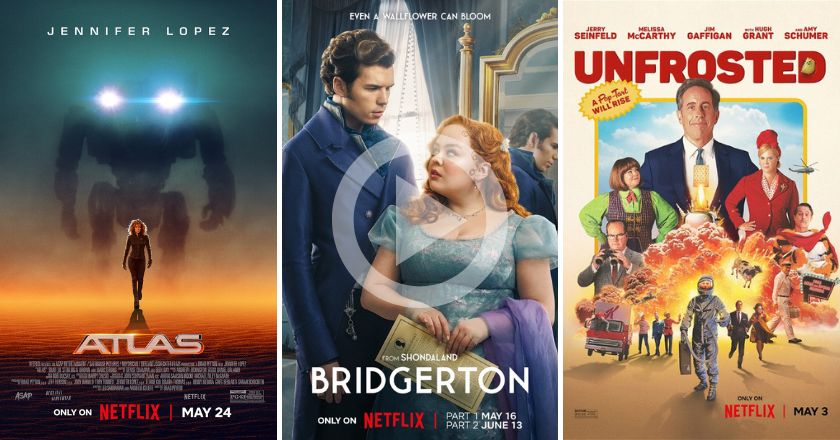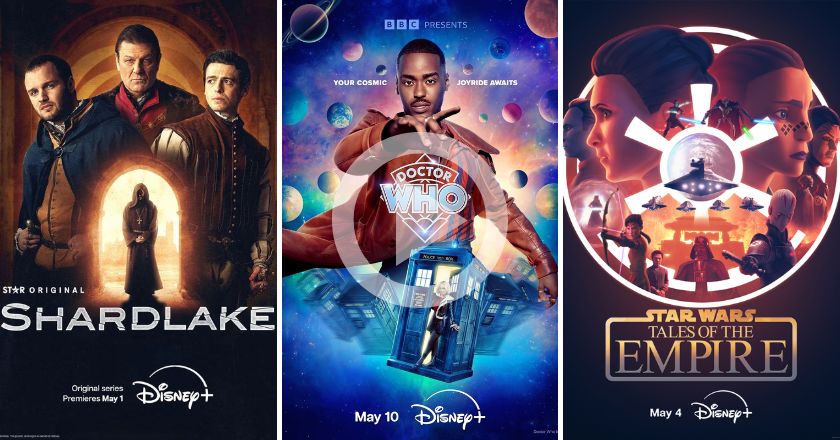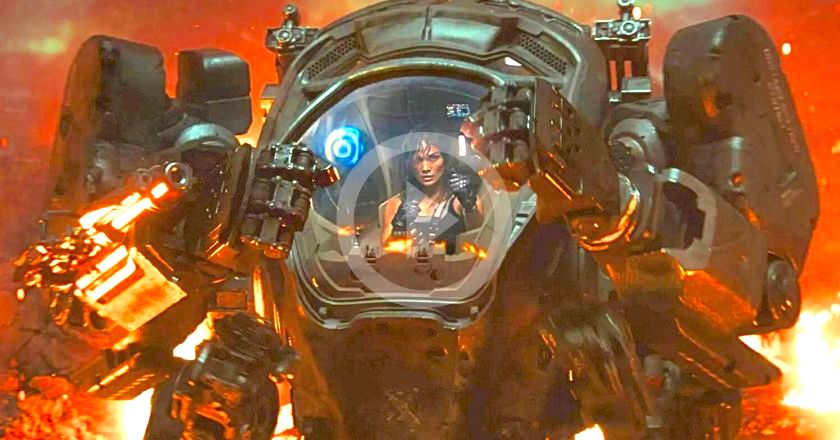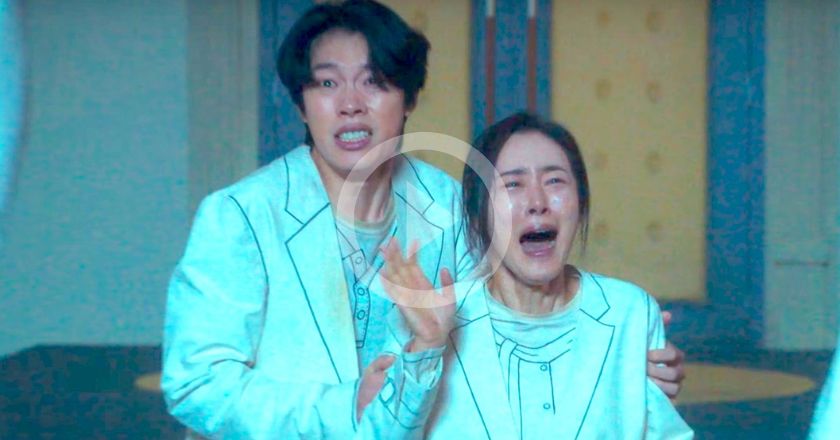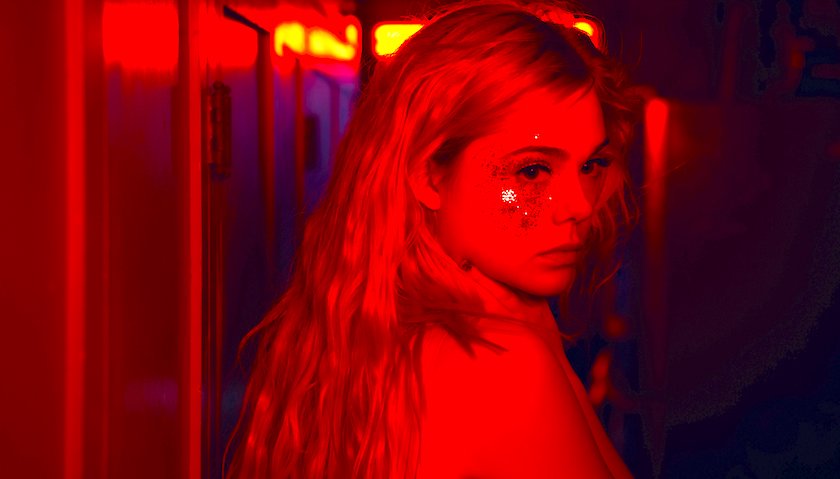
The Neon Demon, Nicolas Winding Refn’s tenth movie, is the story of young model Jesse (Elle Fanning), who drops out of high school and moves to Los Angeles in the hope of making it big in a cutthroat and superficial fashion industry. Alone in the seedier side of Pasadena, Jesse befriends make-up artist Ruby (Jena Malone) and begins to make a name for herself in the industry, much to the disgust of rivals Gigi (Bella Heathcote) and Sarah (Abbey Lee).
Plot wise, the first half of The Neon Demon is in pretty stock-standard territory, pitching itself somewhere between Showgirls and Black Swan as a young ingénue arrives in town and starts to make a big impression. But this being a Nicolas Winding Refn picture, we get trippy Beyond the Black Rainbow-style detours into neon soaked, geometry-friendly dreamscapes and a stylish, abstract philosophy on the nature of beauty and its corrupting influence.
Refn specialises in arty pulp for the film festival crowd, with elegance, more often than not, decorating a core of trashy genre plotlines. Although he has never been one to let character or plot get in the way of an arresting visual, Refn is one of very few modern filmmakers whose movies can be called arthouse in a truly complimentary sense, rather than as a byword for the pretentious or obtuse. That’s not to say those elements don’t creep in on occasion, but almost every frame of The Neon Demon is stylish, considered, and crafted as visual provocation.
When Jesse tags along with Ruby to a dance party, the synchronised music and strobe light effects set a template of striking cinematography right from the start. In another excellent sequence, a static photoshoot pans along with participants so immobile the shot itself almost looks like a picture – a photograph of a photograph.
Fanning perfectly captures Jesse’s youthful innocence and growing self-confidence, at one point telling us she has no talent to speak of, but knowing she can make money off her looks. At times she is bewildered by her newly self-sufficient life, and at other times revels in the growing realisation that her beauty is opening doors for her. Her innocence gives way to the arrogance of success.
Malone delivers an excellent performance as Ruby, drawing out a character much more layered than first impressions suggest, while Bella Heathcote and Abbey Lee are both powerfully conniving as Jesse’s main rivals, each of them barely able to contain the malice beneath their passive/aggressive veneer. Christina Hendricks turns in a brief but memorable cameo as the head of a modelling agency, and Keanu Reeves is pitch perfect in a supporting role as a sleezy motel owner.
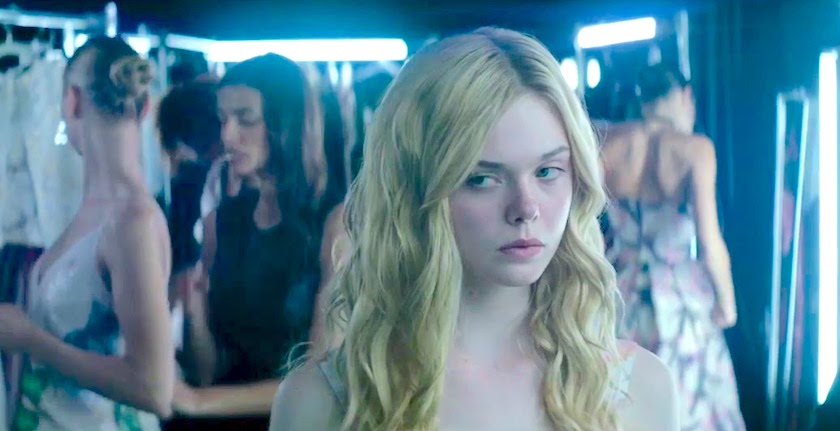
The movie introduces a strange triangle motif to Jesse’s dreams, with each point represented by the envy of another character. The envy born from Gigi’s fabricated good looks, Sarah’s ageing obsolescence and Ruby’s craving for Jesse’s inner beauty.
But let’s not forget, The Neon Demon is a horror movie, or at least an arty take on one. Although there is nothing as envelope-pushing as Only God Forgives‘ gruelling torture sequence, there is plenty going on here that the squeamish might want to avoid. This wouldn’t be a Nicolas Winding Refn movie if it didn’t get ultra weird, and the last third moves it in unexpected directions.
Delving a little deeper, we might consider the opening scenes of The Neon Demon an aesthetic companion to the claret-hued stylings of Suspiria. Argento’s primary reds and prog-rocking Goblin soundtrack replaced with Refn’s total neon infusion and the throbbing, uneasy synth of a Cliff Martinez score. Once again Martinez delivers the perfect musical element to accompany the visuals, and Refn confesses he often favours music over dialogue. This is particularly resonant in the photoshoot scene where we observe (but do not hear) a conversation between Jesse and Ruby, the dialogue itself unimportant. But despite this prominent use of music, the movie is not averse to playing out scenes in total silence, which adds much to the creepy, unnatural feel of the proceedings.
If the plot is a little basic at times, The Neon Demon compensates by engaging on a more sensory level. In a post-screening Q&A, Refn stated that if the audience either loves or hates the movie he has succeed because he has engaged the mind. And that’s better than it merely being nice.
Undoubtedly, the only predictable thing about The Neon Demon is that it will prove to be divisive. But if you are on board with Refn and his singular approach to moviemaking, then it is as unique and interesting a movie as you are likely to find.



